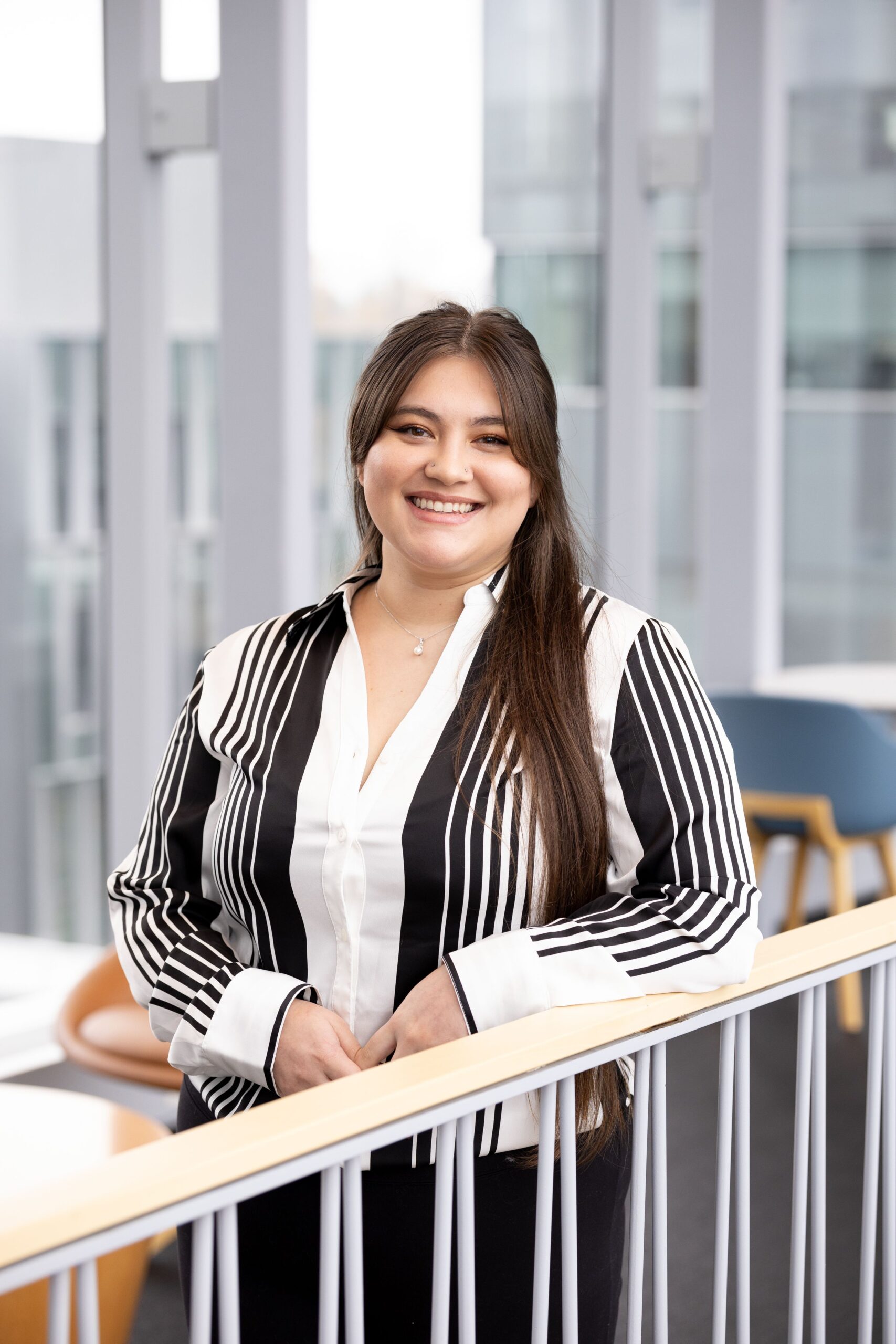
A groundbreaking study published in The Journals of Gerontology: Series A reveals that combining brain stimulation with personalized coaching can significantly enhance physical activity among older adults. This novel approach, which showed sustained results for months, offers a beacon of hope for seniors residing in subsidized housing who face challenges like depression and lack of motivation.
Regular physical activity is a critical, adaptable method to improve health, particularly for older adults. However, over 85% of those aged 65 and above do not meet federal physical activity guidelines, contributing to a global health concern. The study’s findings could mark a turning point in addressing this issue.
Revolutionary Approach to Increasing Activity
In a randomized trial, researchers observed that inactive older adults who received transcranial direct current stimulation (tDCS) alongside individualized coaching increased their daily step count by an average of 1,179 steps per day. This increase was more than double that of participants who received coaching with placebo stimulation. Notably, this improvement persisted for three months post-intervention, with high adherence to both the stimulation and coaching programs.
The tDCS group underwent 10 brief 20-minute sessions over two weeks, targeting the left dorsolateral prefrontal cortex, a brain region linked to motivation and goal-directed behavior. Additionally, participants engaged in a personalized behavioral program for two months, facilitated by physical therapists. This included regular phone check-ins, individualized step goals, and practical strategies such as marching during commercials or walking with friends.
High Adherence and Sustained Results
Adherence rates were impressive, with 97% of tDCS sessions and 93% of coaching sessions completed. Fitbit data showed strong usage throughout the intervention, and many participants maintained increased activity levels even during a no-contact retention phase, indicating lasting behavioral change.
Participants reported not only physical gains but also enhanced motivation and perceived walking ability. The study suggests that tDCS may boost motivation and solidify behavior change, especially when paired with accessible coaching.
Expert Insights and Future Implications
Dr. On-Yee (Amy) Lo, assistant scientist at the Hinda and Arthur Marcus Institute for Aging Research, remarked, “Helping older adults build and maintain healthy habits is notoriously difficult, especially in underserved communities. This study provides early but exciting evidence that a short course of brain stimulation can ‘prime the pump’ — enhancing motivation and helping new behaviors stick.”
While tDCS has been explored in clinical settings for mood, memory, and motor function improvements, this study is among the first to test its application in real-world health behavior change for older adults, particularly those with limited resources.
“The program was delivered entirely within participants’ housing facilities, which removed barriers to access. That model could be a blueprint for future community-based interventions,” Dr. Lo added.
Looking Ahead: Larger Trials and Broader Applications
The authors emphasize the need for larger trials to validate these findings and explore the broader potential of tDCS in enhancing other behavioral health programs. They also highlight the importance of examining how cognitive function, baseline activity levels, and social support might influence outcomes.
For a population at high risk of inactivity-related decline, this study offers hope and a potential new approach to encouraging physical activity among older adults. The research team, including experts from Hebrew SeniorLife and High Point University, underscores the significance of this pilot study.
The study, titled “Modulating Brain Activity to Improve Goal-directed Physical Activity in Older Adults: A Pilot Randomized Controlled Trial,” is published in The Journals of Gerontology: Series A, Volume 80, Issue 6, June 2025.
About Hebrew SeniorLife
Hebrew SeniorLife, affiliated with Harvard Medical School, is a national leader in senior services, dedicated to redefining the possibilities of aging. Caring for over 4,500 seniors daily across Greater Boston, Hebrew SeniorLife also conducts influential research into aging at the Hinda and Arthur Marcus Institute for Aging Research.
This study not only sheds light on innovative methods to enhance physical activity among seniors but also sets a precedent for future community-based interventions, potentially transforming how health behavior change programs are delivered to underserved populations.






